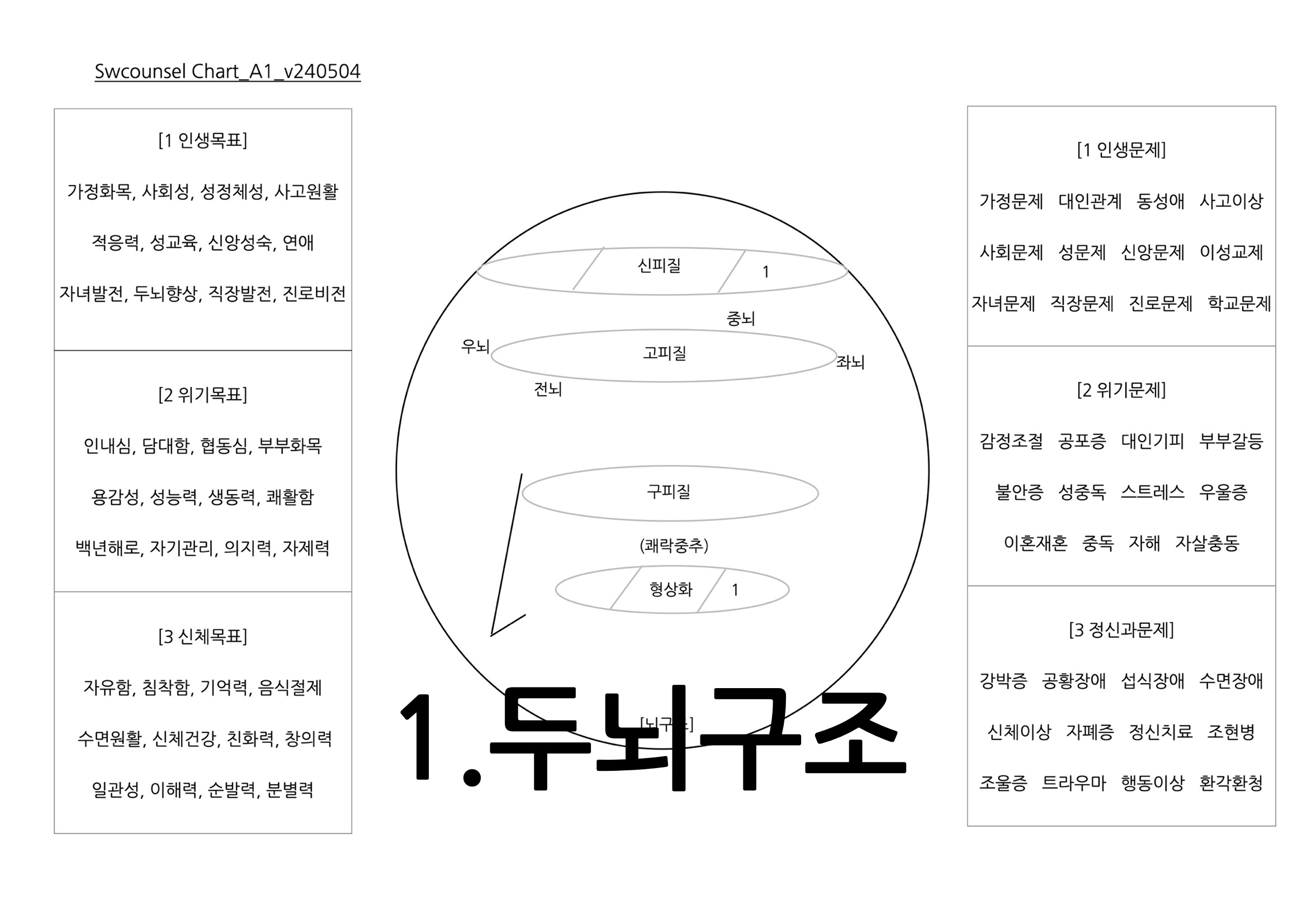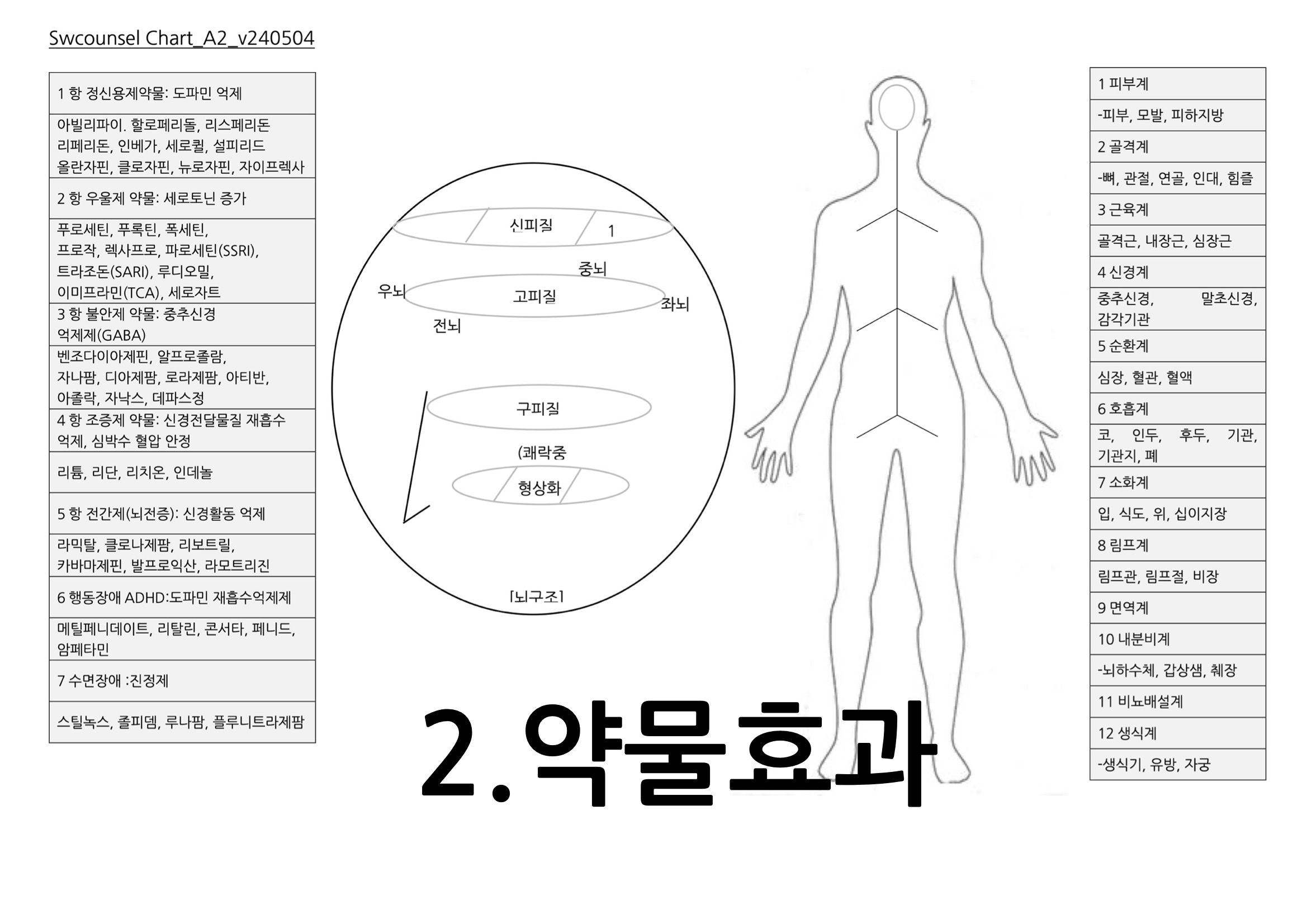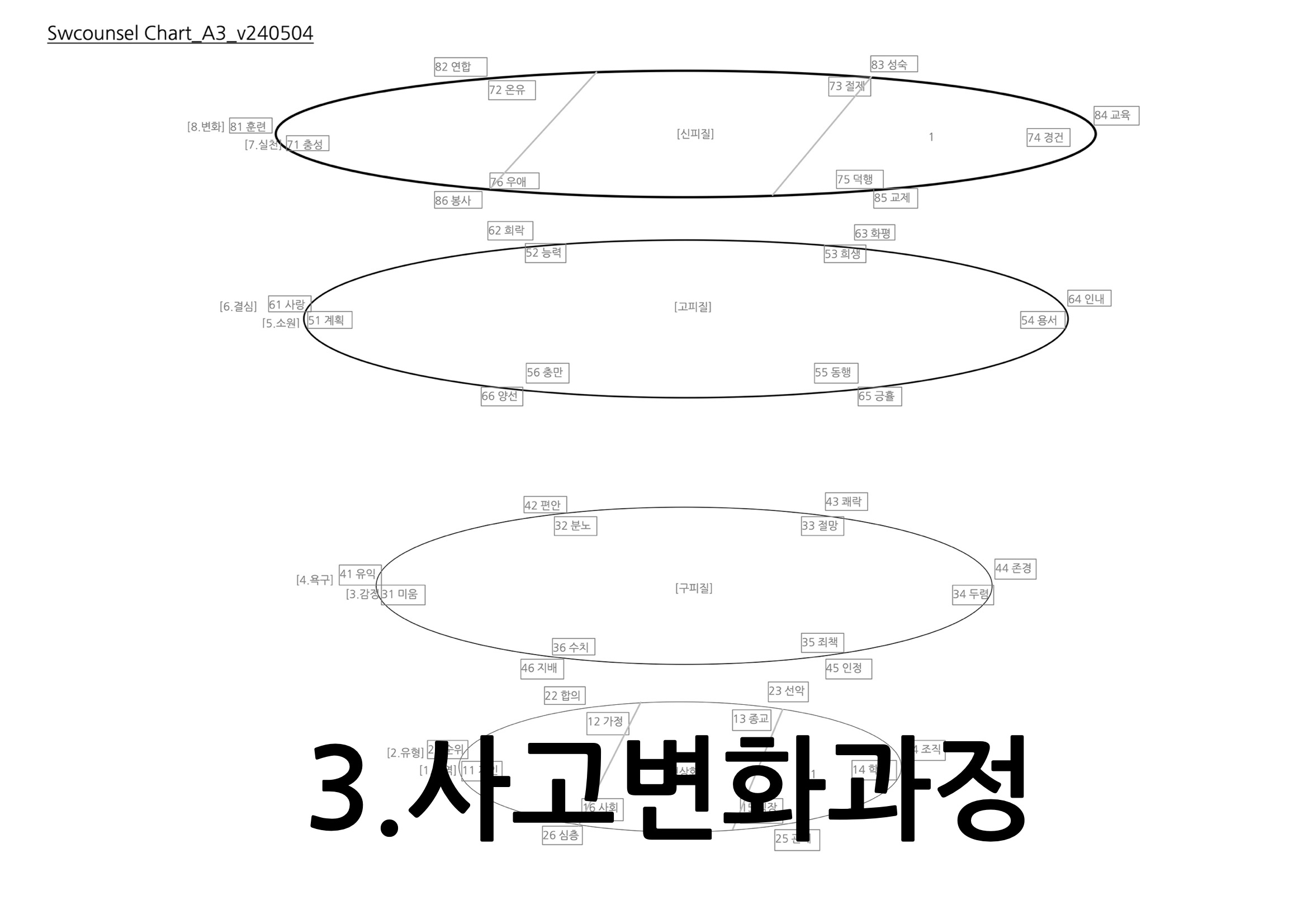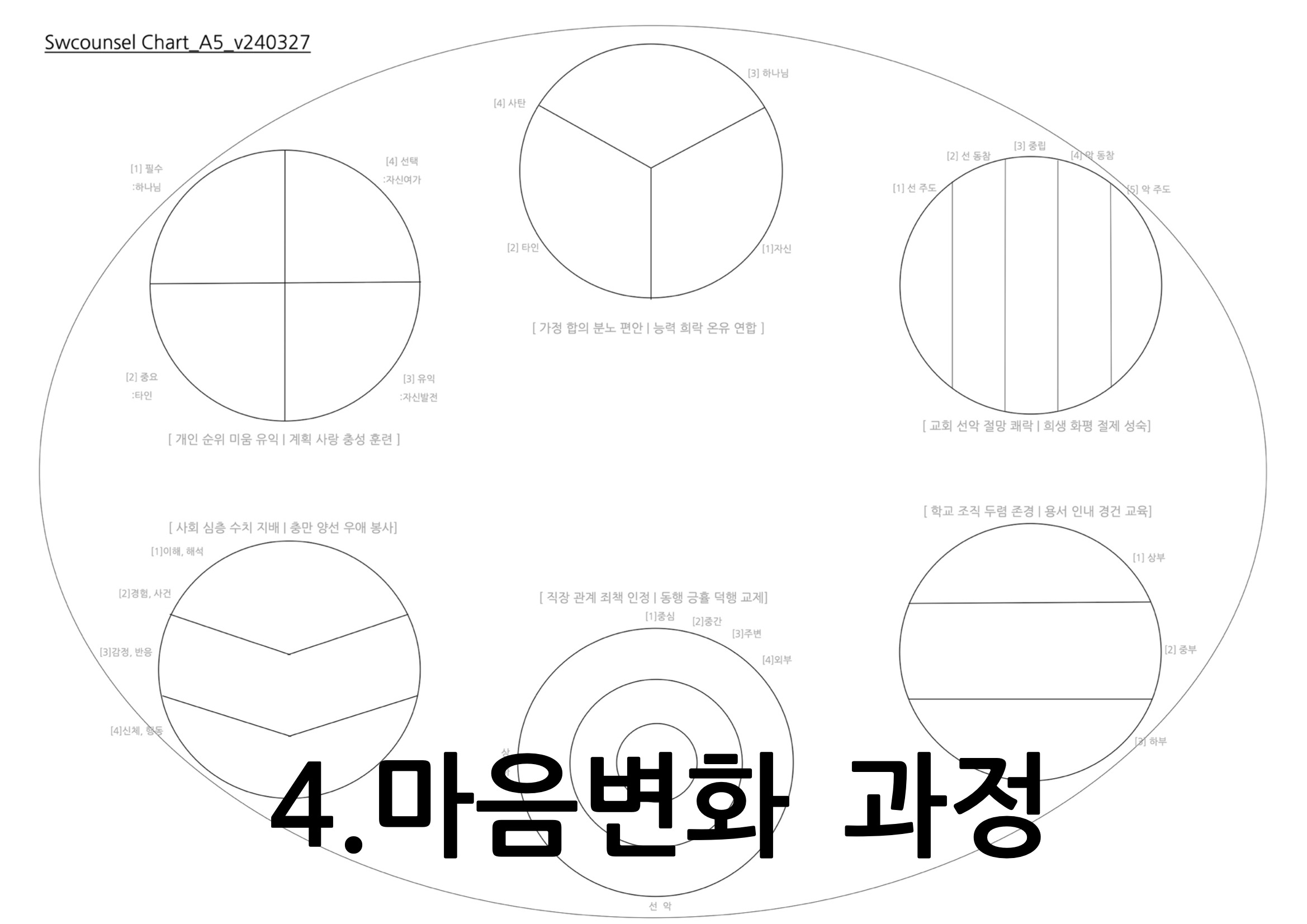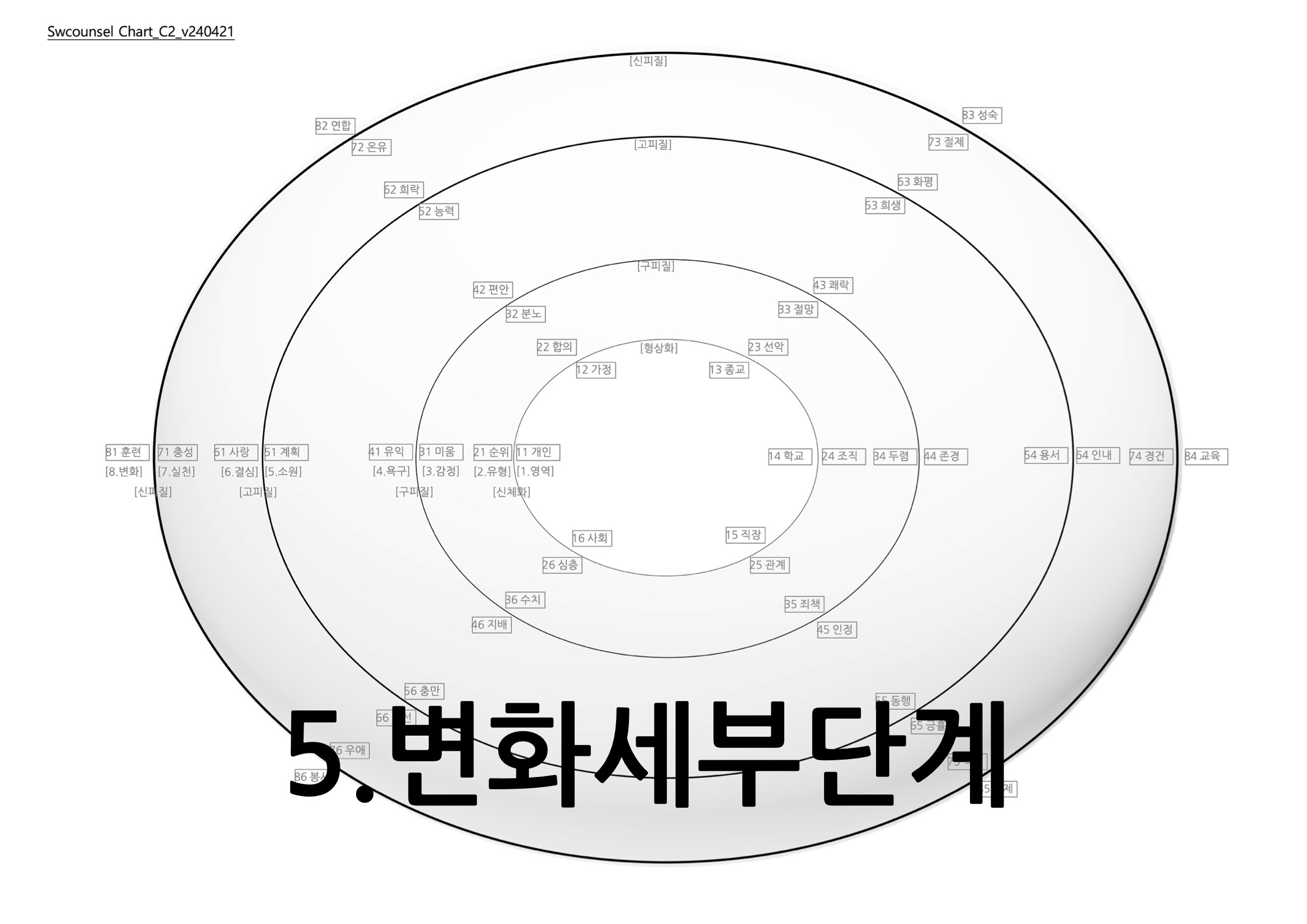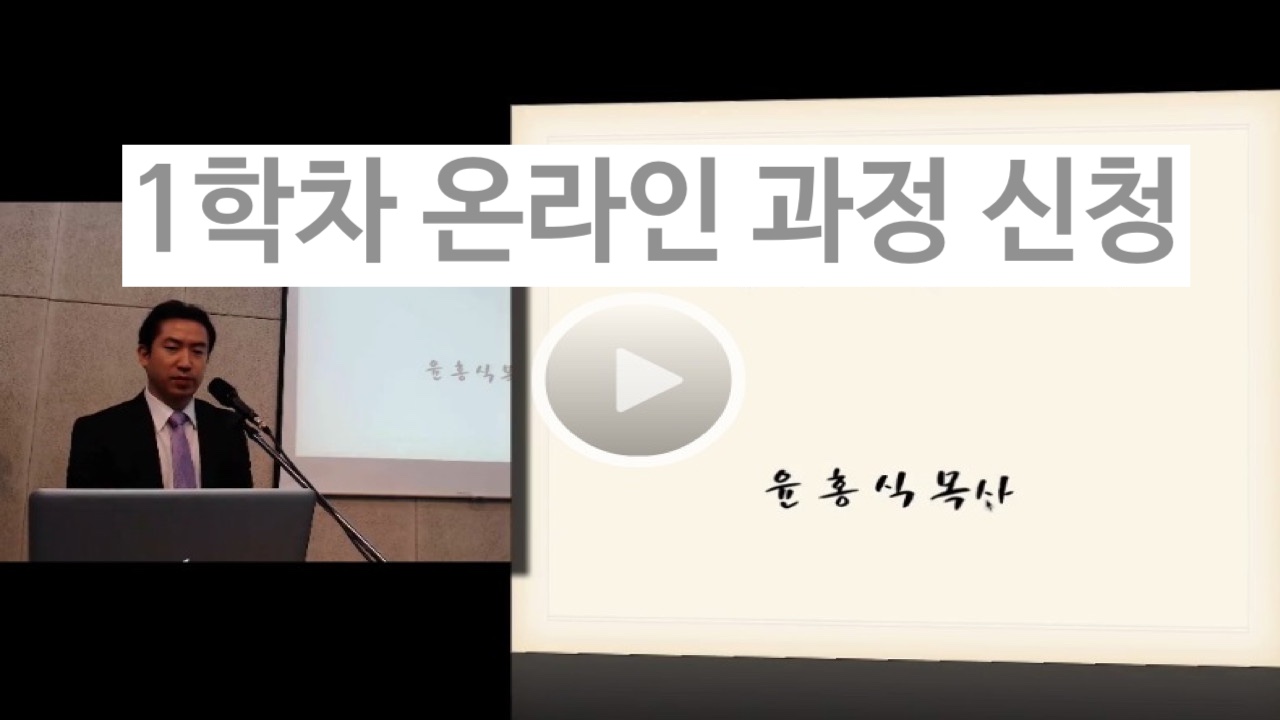This question—Why bother?—is about hope, and the purpose and the value and meaning of everyday life. Some of us can skirt it by staying busy, or finding something we enjoy doing. But many of us have to answer it or we can’t get through the day.
How do you answer the question: Why bother? Here are a few of the many possibilities.
Because God is good and I will look for and find small pleasures in his name
Ecclesiastes is a good place to begin.
There is nothing better for a person than that he should eat and drink and find enjoyment in his toil. This also, I saw, is from the hand of God, for apart from him who can eat or who can have enjoyment? (Ecc. 2:24-25)
We might identify other human beings whom we love as reasons to go on, but it is best to start with God. In this passage we remember that all good things come from his hand, and we will honor him by keeping watch for those good things.
My twin two-year-old grandsons were at a mall the other day. As they said “hi” to absolutely everyone, an older man who was by himself came closer to say “hi” in return. When he did, they both held up their hands and gave him high fives. “You just made my day,” he said. The twins added great value to an otherwise mundane walk through the mall.
Because God is God and I will live for him
More from Ecclesiastes. These are the reflections of a person who has “been there.”
The end of the matter; all has been heard. Fear God and keep his commandments, for this is the whole duty of man. For God will bring every deed into judgment, with every secret thing, whether good or evil. (Ecc. 12:13-14)
The purpose or duty of humanity is to be controlled by God rather than our own interpretations of reality which fall short of the truth. The Apostle Paul puts it this way. “You are not your own, for you were bought with a price” (1 Cor. 6:19-20). In other words, Jesus has loved and pursued you, at a great cost. Now there is work to be done. This adds simplicity to thoughts that could get quite dark. Love, work and pray—with the power of the Spirit of God.
Because death will not nullify the things of life
I enjoy keeping the grounds around our house verdant and attractive. But I know this. If I were to die today, the grounds would regress to their unkempt and dilapidated state in four weeks. If Sheri enlisted landscapers, they wouldn’t tend the property as I had. So—why should I bother? Death seems to make all our love and work meaningless. Resurrection, however, changes everything. Somehow, anything that we do because of Jesus—because we trust him and belong to him—even giving a cup of cool water or coloring a picture for a parent, travels right through the veil of death and contributes to the coming fullness of the eternal kingdom of Christ.
This is how Paul concludes his most lengthy discussion about embodied, resurrected life.
Therefore, my beloved brothers, be steadfast, immovable, always abounding in the work of the Lord, knowing that in the Lord your labor is not in vain. (1 Cor. 15:58)
If death is the final word, all is, indeed, meaningless. But if our small responses to Jesus are kept safe until Jesus returns, and if they actually adorn his kingdom, then we have good reason to get out of bed and engage life.






